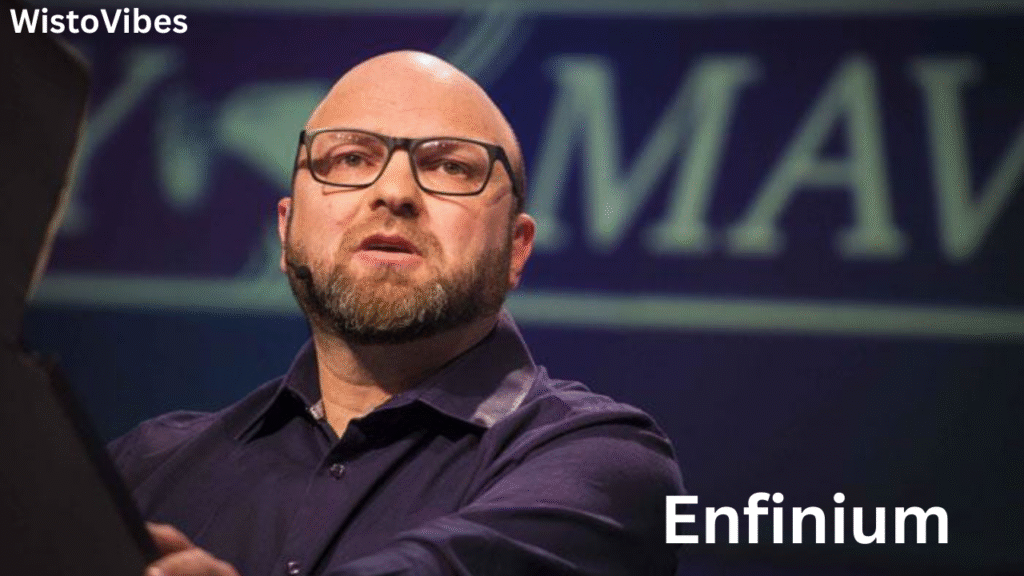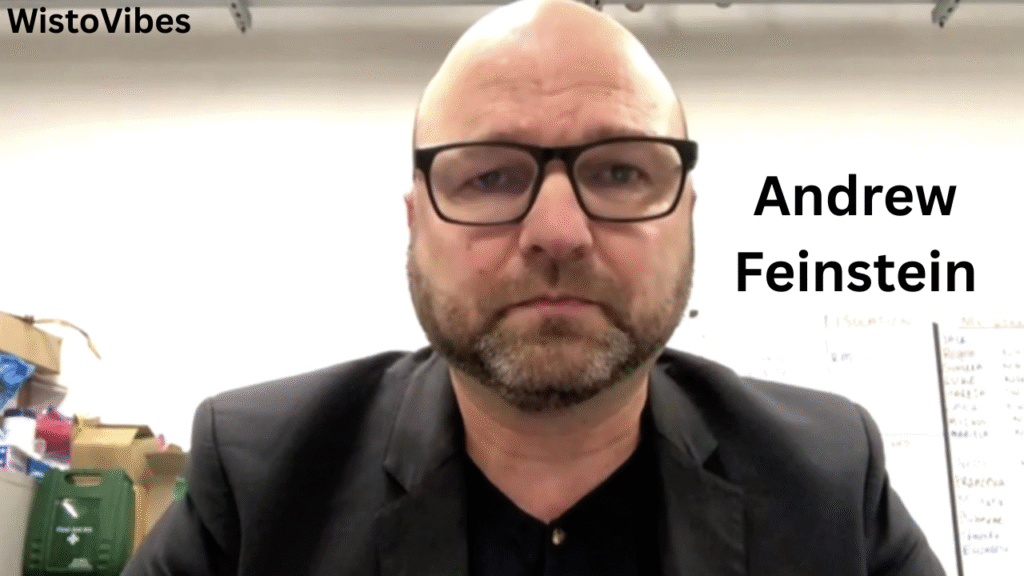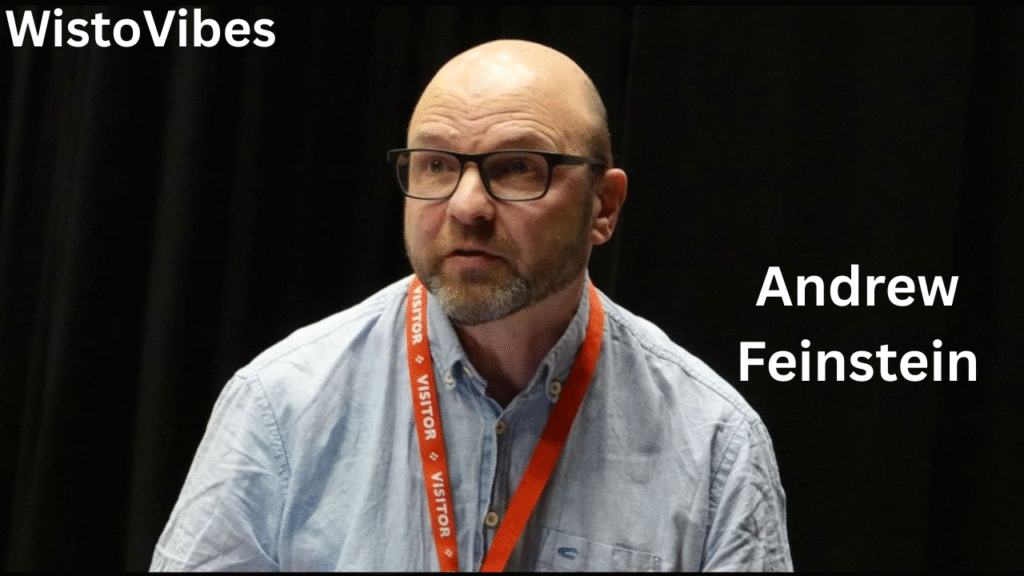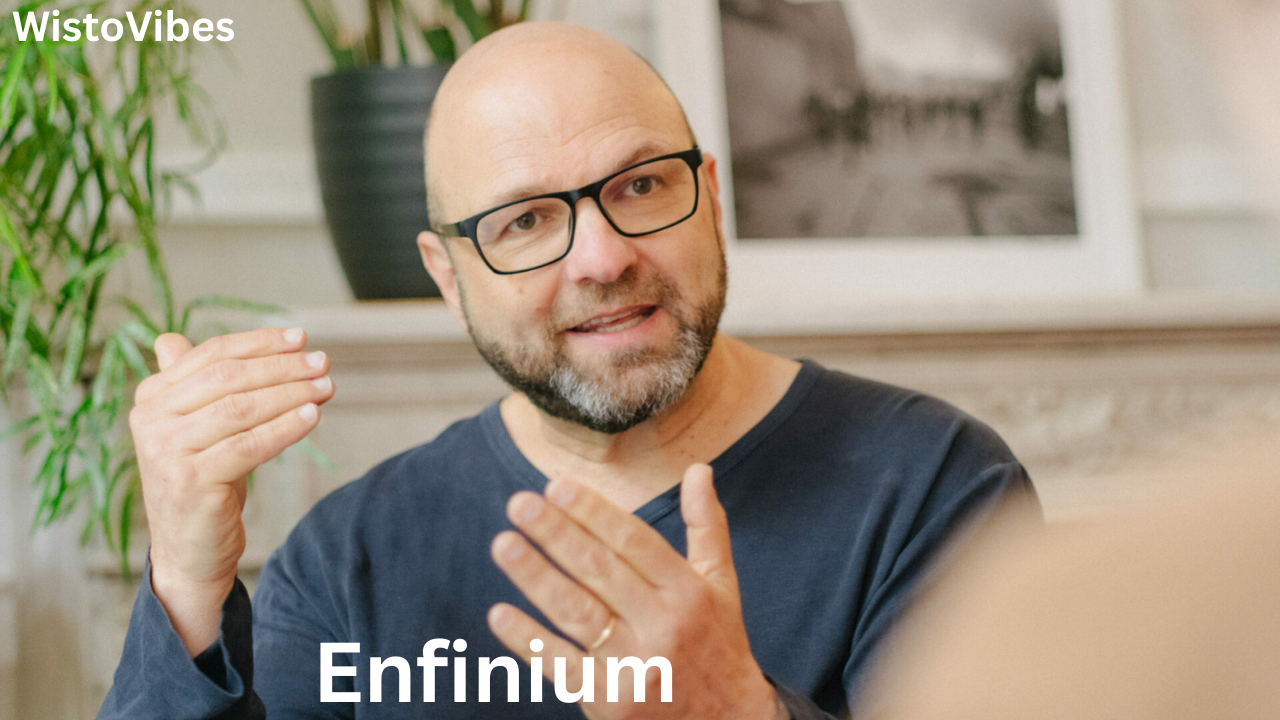Andrew Feinstein was born in South Africa and grew up under the shadow of apartheid, an experience that deeply shaped his worldview and political path. His upbringing in a country divided by racial inequality made him aware of the urgent need for justice and reform. Feinstein’s education and early exposure to the struggles of ordinary South Africans instilled in him a sense of responsibility to fight for fairness and accountability in public life. These formative years laid the foundation for his later role as both a public servant and a critic of corruption in politics.
Political Career in South Africa

Feinstein rose to prominence as a member of the African National Congress (ANC) during the transformative years following the end of apartheid. Serving as a Member of Parliament, he was part of the early efforts to build a democratic state rooted in transparency and equality. He gained respect as a committed politician who valued integrity over personal advancement. However, his political career also placed him at the center of one of South Africa’s most notorious controversies: the arms deal scandal.
When evidence surfaced of corruption in the multi-billion-dollar arms procurement deal, Feinstein took a firm stand. He pushed for full disclosure and accountability, resisting pressure to accept secrecy. His refusal to compromise eventually led to his resignation from the ANC, an act that signaled his unwavering principles. This moment not only defined his political identity but also earned him international recognition as a figure willing to sacrifice career for the truth.
The Arms Deal and Fight Against Corruption

The arms deal scandal remains one of the most significant corruption cases in South African history, involving billions of dollars and implicating high-ranking officials. Feinstein’s decision to speak out against it was not without personal cost. He faced criticism, political isolation, and professional risks. Yet his stance also highlighted the moral contradictions within a party once celebrated for liberating the nation.
His book After the Party documents his experiences, offering an insider’s view of how political compromise, secrecy, and corruption threatened to erode the democratic gains of post-apartheid South Africa. The book became both a testimony and a warning, underscoring how fragile democracy can be when institutions fail to protect accountability.
Author, Speaker, and Activist

Beyond his parliamentary role, Feinstein established himself as a respected author and public intellectual. His writings analyze the dangers of unchecked power, the influence of money in politics, and the ways corruption undermines democracy. Through his books, articles, and lectures, he has contributed to global conversations about political ethics and governance.
Feinstein also became a sought-after speaker at international forums, where he addressed issues of transparency, state capture, and the global arms trade. His voice carried weight because it came not from an outsider but from someone who had lived inside the machinery of politics. He was able to translate complex systems of corruption into stories that revealed their human and political consequences.
Work on the Global Arms Trade
One of Feinstein’s most impactful contributions has been his work on the global arms trade. In his book The Shadow World, he exposes how the arms industry fuels conflict, empowers dictators, and distorts democratic processes. The research is sweeping, covering deals across continents and showing how governments and corporations collude at the expense of human lives.
This work positioned Feinstein as one of the world’s leading critics of the arms industry. His advocacy emphasized that corruption is not just a domestic issue but part of a global system where secrecy and profit take precedence over justice and peace. His perspective added depth to debates about international security, challenging policymakers to confront the moral costs of arms sales.
Legacy and Influence
Andrew Feinstein’s legacy is defined not by political office but by his consistent pursuit of truth and justice. His resignation from parliament remains a symbol of moral courage in an era when many chose silence. His writings continue to inspire activists, students, and reformers who seek to challenge corruption and promote accountability.
In South Africa, his story is both a reminder and a caution. It reminds citizens of the values that inspired the fight against apartheid, and it cautions against the erosion of those values through corruption and secrecy. Globally, his work highlights how intertwined local and international systems of power can be, and why transparency is essential for democracy to thrive.
Personal Qualities and Character
What stands out about Feinstein is his integrity. He is often described as principled, courageous, and unwilling to compromise on issues of justice. Unlike many politicians who bend under pressure, he chose the harder path of dissent. This decision may have limited his career within formal politics, but it elevated his standing as a moral voice. His commitment to truth over expediency is a lesson in leadership that continues to resonate.
Continuing Relevance Today
The issues Feinstein dedicated his career to remain urgent. Around the world, corruption, state capture, and the unchecked influence of the arms trade continue to threaten democracy and peace. His insights remind us that accountability is not optional but central to governance. In an era where trust in institutions is declining, Feinstein’s example offers a model of principled resistance.
For South Africa, his warnings about corruption have proven prescient, as subsequent scandals and state capture inquiries have revealed. For the global community, his critiques of the arms trade underscore how decisions made in boardrooms and parliaments shape the lives of millions. His voice continues to call for vigilance, reform, and courage in the face of entrenched power.
Conclusion
Andrew Feinstein’s life and work demonstrate that politics can be a moral endeavor rather than a pursuit of power. From his early days in South Africa to his international advocacy, he has remained committed to exposing corruption and defending democracy. His story is not only about South Africa’s struggles but also about the universal fight for integrity in governance.
By standing against corruption, speaking truth to power, and exposing the arms trade, Feinstein has left an indelible mark on political thought. His writings and actions continue to inspire those who believe that justice and accountability are worth defending, no matter the cost.
Reda More: Enfinium, ?? and the Questions Around It




